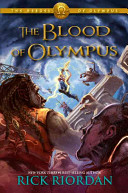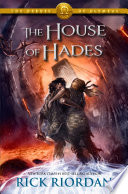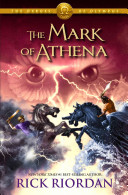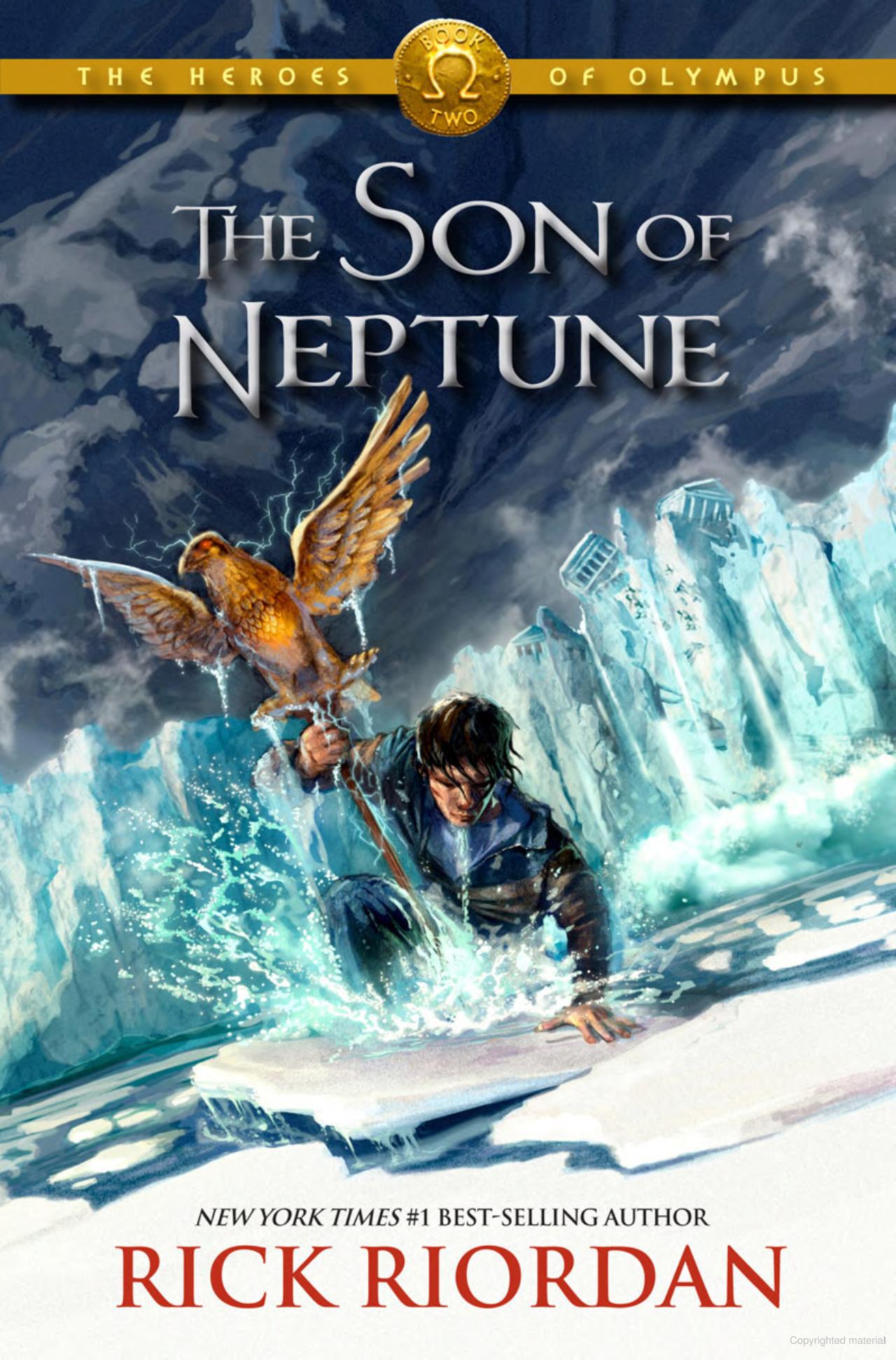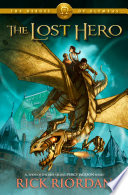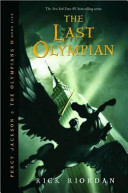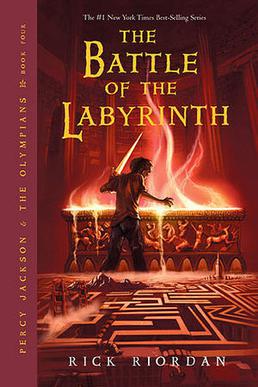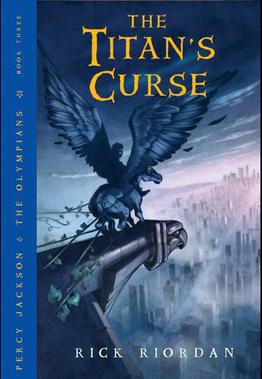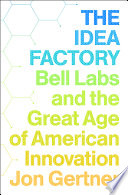
The Idea Factory
Gertner, Jon
Read: 2024-03-08 • Rating: 10/10
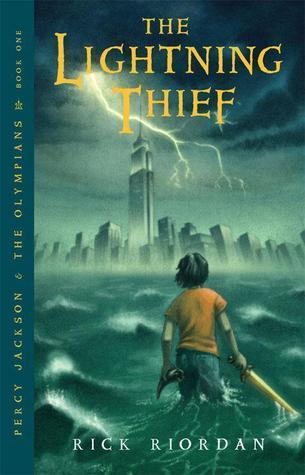
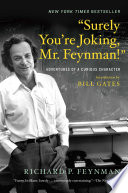
"Surely You're Joking, Mr. Feynman!": Adventures of a Curious Character
Feynman, Richard P.
Read: 2024-01-10 • Rating: 10/10
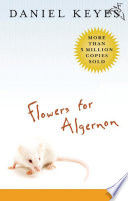
Flowers for Algernon
Keyes, Daniel
Read: 2025-03-27 • Rating: 9/10
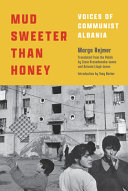
Mud Sweeter Than Honey
Rejmer, Margo
Read: 2024-10-08 • Rating: 9/10
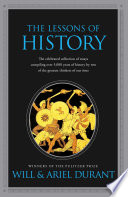
The Lessons of History
Durant, Will
Read: 2024-08-06 • Rating: 9/10
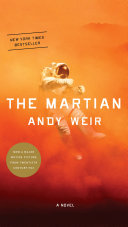
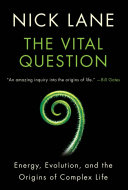
The Vital Question
Lane, Nick
Read: 2024-08-01 • Rating: 8/10
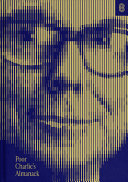
Poor Charlie's Almanack
Munger, Charles T.
Read: 2024-06-19 • Rating: 8/10
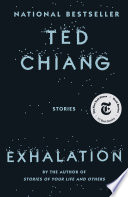
Exhalation
Chiang, Ted
Read: 2024-05-20 • Rating: 8/10
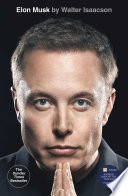
Elon Musk
Isaacson, Walter
Read: 2023-12-31 • Rating: 8/10
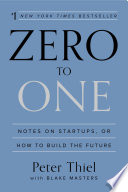
Zero to One
Thiel, Peter; Masters, Blake
Read: 2023-12-13 • Rating: 8/10
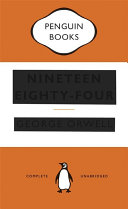
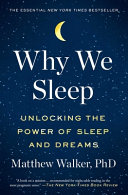
Why We Sleep
Walker, Matthew
Read: 2024-09-26 • Rating: 7/10
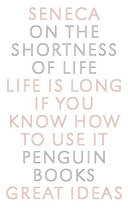
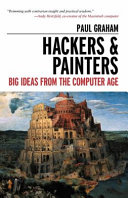
Hackers & Painters
Graham, Paul
Read: 2024-05-30 • Rating: 7/10
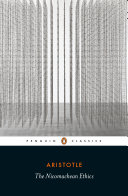
The Nicomachean Ethics
Aristotle
Read: 2025-03-23 • Rating: 6/10

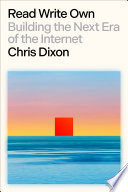
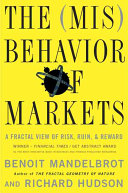
The Misbehavior of Markets
Mandelbrot, Benoit; Hudson, Richard L.
Read: 2024-05-01 • Rating: 6/10
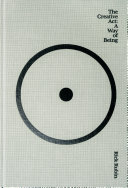
The Creative Act
Rubin, Rick
Read: 2024-01-24 • Rating: 6/10
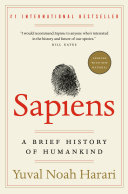
Sapiens
Harari, Yuval Noah
Read: 2023-07-24 • Rating: 6/10
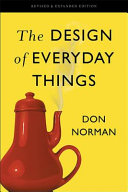
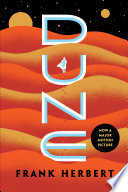
Dune
Herbert, Frank
Read: 2023-08-29 • Rating: 5/10
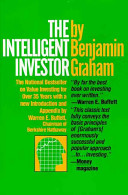
The Intelligent Investor
Graham, Benjamin
Read: 2023-07-09 • Rating: 5/10
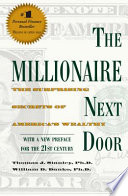
The Millionaire Next Door
Stanley, Thomas J.; Danko, William D.
Read: 2023-05-31 • Rating: 5/10
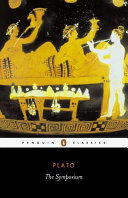
The Symposium
Plato
Read: 2023-07-23 • Rating: 4/10
